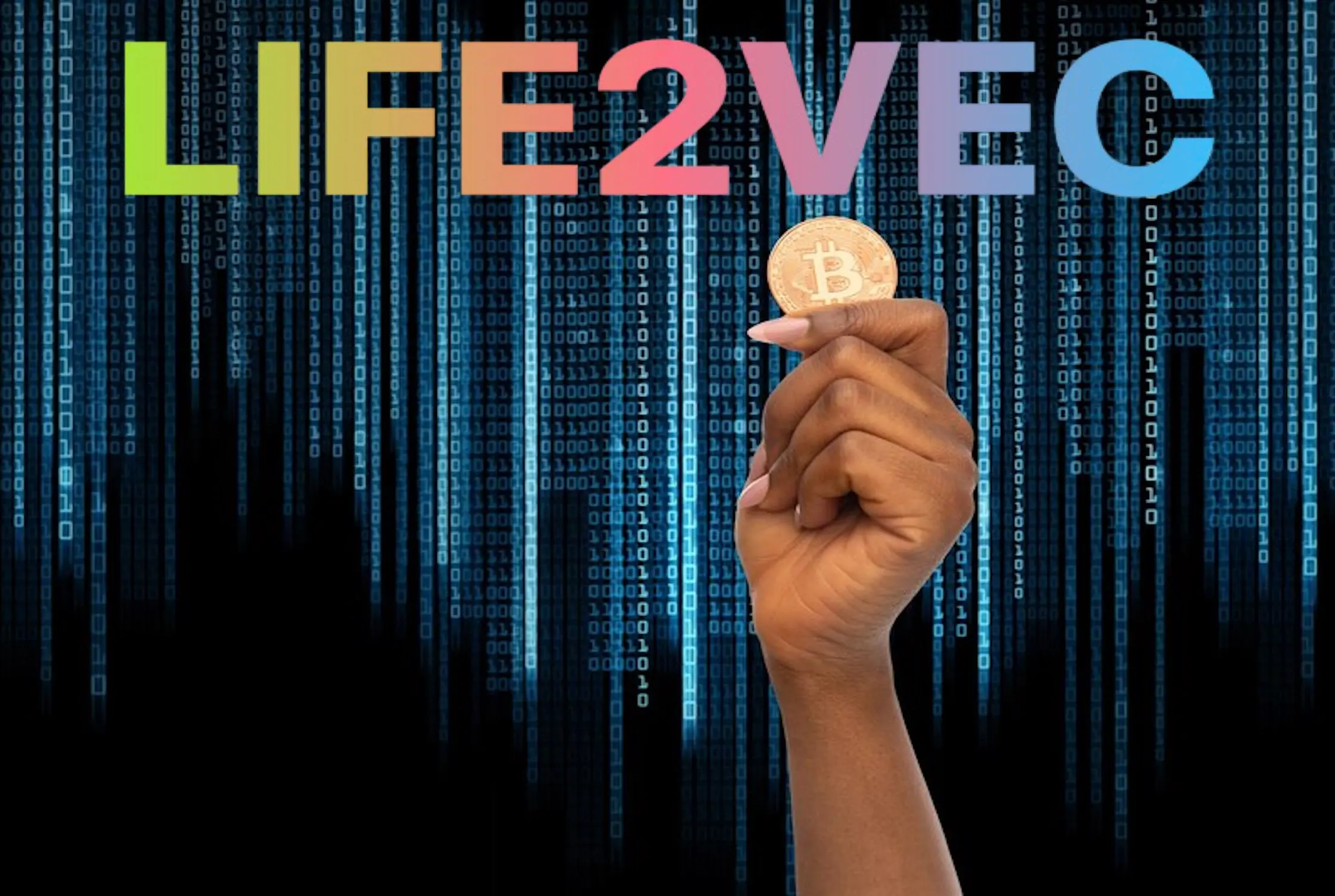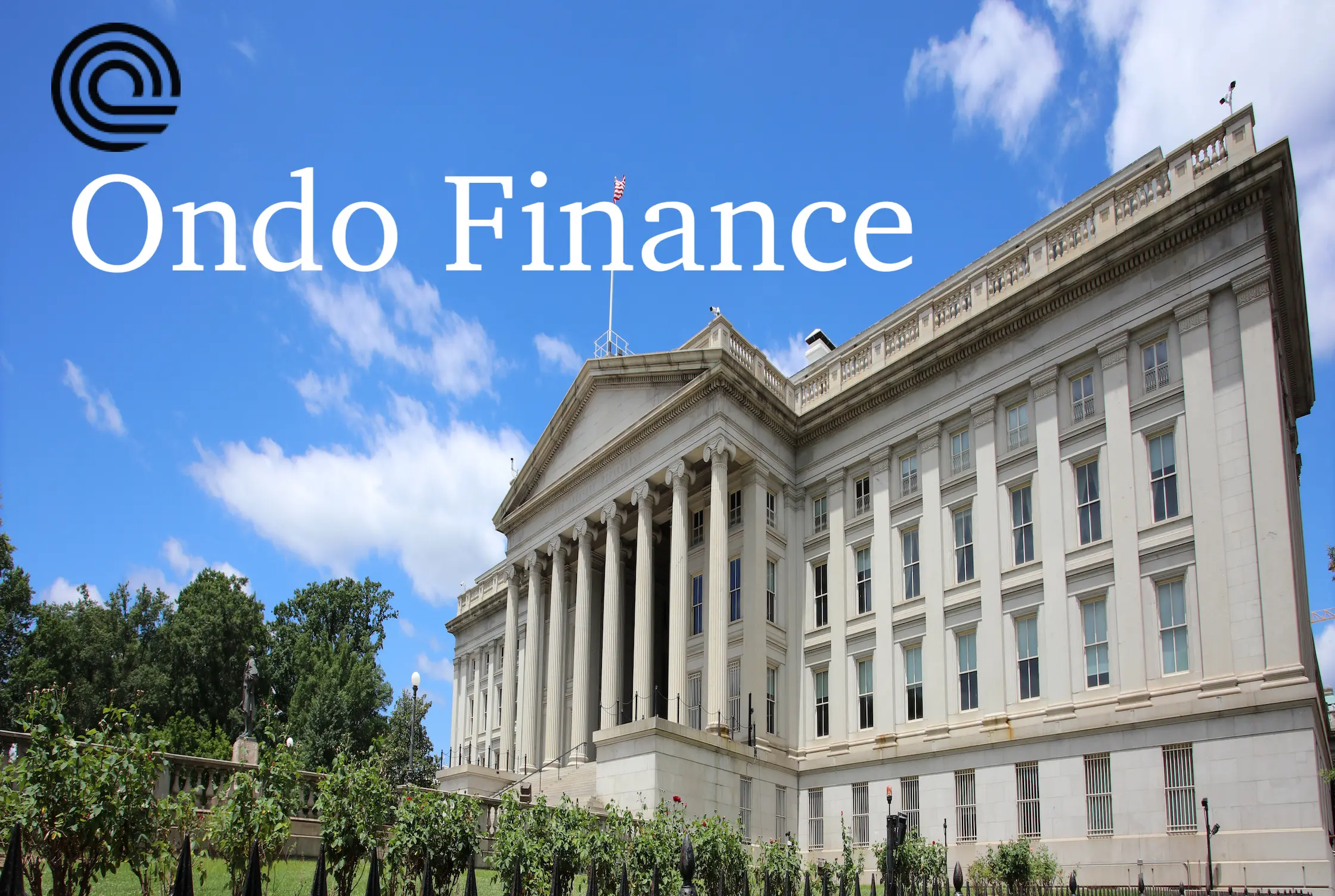Chicago Mayor Brandon Johnson approval rating has become a hot topic as public sentiment shifts dramatically. Recent surveys show his leadership is under heavy scrutiny, with the latest polls revealing a significant drop in his popularity. According to multiple reports, the Brandon Johnson approval rating has hit historic lows, with nearly 80% of Chicago residents disapproving of his performance. This sharp decline reflects widespread concerns about governance, rising crime rates, and economic challenges facing the city. As the political climate in Chicago grows more tense, voter sentiment suggests growing dissatisfaction with the current administration.
The Decline in Brandon Johnson Approval Rating
Chicago mayoral approval polls have consistently shown a downward trend in Johnson’s popularity since he took office. A recent survey by M3 Strategies revealed that only 6.6% of residents approve of his job performance, marking one of the lowest ratings for a sitting Chicago mayor in history. This dramatic disapproval stems from mounting frustration over public safety concerns, economic instability, and governance challenges. The city’s escalating crime rates have played a major role in shaping public opinion on Brandon Johnson approval rating, as residents feel increasingly unsafe under his administration.
Chicago’s crime rates have been a central issue in discussions about Johnson’s leadership. Violent crimes, including carjackings, shootings, and robberies, have surged across various neighborhoods, leading to growing fears among residents. Despite efforts by the Brandon Johnson administration to introduce policies aimed at tackling crime, many feel these measures have been ineffective. Public perception of his leadership has been further damaged by what critics describe as a lack of urgency in addressing these civic issues. The failure to curb crime has significantly impacted Johnson’s political standing and municipal leadership approval ratings.
One recent poll conducted by the Illinois Policy Institute reported that Johnson’s approval rating now stands at 14%, with an overwhelming 80% of respondents expressing disapproval. The growing discontent highlights citywide frustration with his governance style and policy impact. Many voters believe his leadership has fallen short in key areas such as economic recovery, taxation, and public safety, further deteriorating his public image.
ALSO READ: Letter Boxed Unlimited: Master the Addictive Word Challenge!
Public Sentiment on Brandon Johnson’s Leadership
The decline in Brandon Johnson’s favorability isn’t limited to crime-related concerns. Economic factors, including inflation and high property taxes, have also played a significant role in shaping voter dissatisfaction. Chicago residents have voiced frustrations over increasing financial burdens, with small business owners particularly vocal about the negative impact of rising operational costs. The economic challenges faced by the city have amplified concerns about Johnson’s governance and decision-making capabilities.
Community feedback suggests that many Chicagoans feel disconnected from their mayor. His administration has faced criticism for being unresponsive to constituent opinions, with accusations of a lack of transparency in decision-making processes. This growing disconnect between City Hall and Chicago’s residents has only fueled further dissatisfaction, making it difficult for Johnson to rebuild trust among voters. Chicago municipal approval ratings have shown a downward trajectory, reinforcing the perception that Johnson’s administration is struggling to address pressing civic issues.
Controversies and Challenges Facing the Johnson Administration
Brandon Johnson’s tenure as mayor has been marred by controversies that have further weakened public trust. One of the biggest sources of Chicago mayoral discontent has been the handling of city finances. His administration’s proposal for higher taxes has been met with backlash, as many residents and business owners fear that additional financial burdens will stifle economic growth. The rejection of his tax proposals by the Chicago City Council further underscores the lack of confidence in his policies.
Additionally, Brandon Johnson approval rating’s governance style has raised eyebrows among political analysts. Critics argue that his political approval has suffered due to an inability to build coalitions and effectively engage with stakeholders. His approach to governance has been described as rigid, making it difficult for him to gain broader support even within his own political circles. This has resulted in a leadership approval crisis, as key figures within Chicago’s municipal leadership express doubts about his ability to navigate the city’s challenges.
According to reports, the lack of proactive measures to address Chicago’s pressing issues has further contributed to his declining ratings. Brandon Johnson approval rating’s public perception continues to suffer as crime rates, economic instability, and governance inefficiencies dominate public discourse.
The Future of Brandon Johnson’s Political Standing
With public confidence in Johnson’s leadership at an all-time low, the question remains: Can he recover? Historically, Chicago mayors who have faced low approval ratings have had difficulty regaining public trust. However, political experts suggest that Brandon Johnson approval rating still has time to reshape his narrative before the next election cycle. His ability to address Chicago’s most pressing issues—particularly crime and economic instability—will be crucial in determining whether he can improve his standing among voters.
Public sentiment indicates that many residents are looking for decisive action rather than rhetoric. If the Johnson administration fails to make meaningful changes in governance, his electoral prospects may be severely impacted. His job approval ratings will largely depend on his ability to implement effective policies that restore confidence in his leadership. Without a clear plan to address crime and economic concerns, his political standing may continue to deteriorate.
Fox 32 Chicago reported that the next round of polling will be crucial in determining whether public sentiment shifts in his favor. If his administration can demonstrate tangible improvements in public safety and economic stability, there is a possibility for Brandon Johnson approval rating’s favorability to increase. However, if current trends persist, he could face significant challenges in securing another term as mayor.
Conclusion
The decline in Brandon Johnson approval rating underscores the challenges facing his administration. Rising crime rates, economic struggles, and governance controversies have contributed to growing discontent among Chicago residents. Public opinion polls and voter sentiment indicate that his political approval is at a historic low, raising concerns about his ability to lead the city effectively. While there is still an opportunity for improvement, his administration must take decisive action to rebuild trust and address pressing civic issues. The future of his Chicago mayoral performance will depend on his ability to enact meaningful change and regain public confidence.
Frequently Asked Questions
1. Why is Brandon Johnson approval rating so low?
Brandon Johnson approval rating has declined due to rising crime rates, economic instability, and dissatisfaction with his governance style. Many residents feel that his policies have not effectively addressed public safety concerns or financial burdens.
2. How does Brandon Johnson approval rating compare to previous Chicago mayors?
Brandon Johnson approval rating is among the lowest in Chicago’s history. Recent polls indicate that nearly 80% of residents disapprove of his performance, a stark contrast to previous mayors who maintained higher levels of public support.
3. What are the biggest criticisms of the Brandon Johnson administration?
The most significant criticisms include his handling of crime, economic policies, and lack of engagement with constituents. Many believe his governance approach has been ineffective in addressing the city’s most urgent issues.
4. Can Brandon Johnson improve his approval rating?
Yes, but it will require substantial policy changes. If he can effectively address crime, economic challenges, and community concerns, he may be able to regain public trust and improve his standing.
5. What impact does Johnson’s approval rating have on his political future?
His low approval rating could affect his re-election prospects. If voter dissatisfaction continues, he may face significant challenges in securing another term as Chicago’s mayor.
ALSO READ: Meta Quest 3 3D Print: Ultimate Accessories for VR Fun












